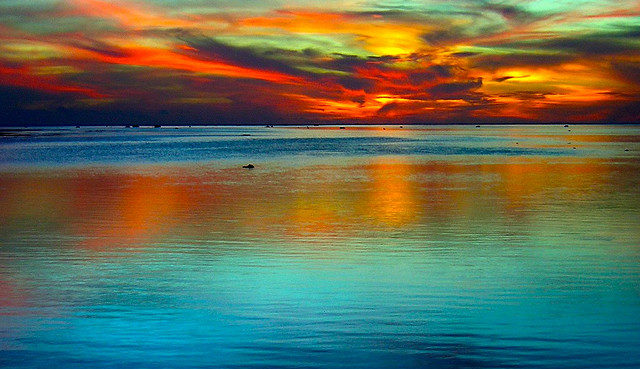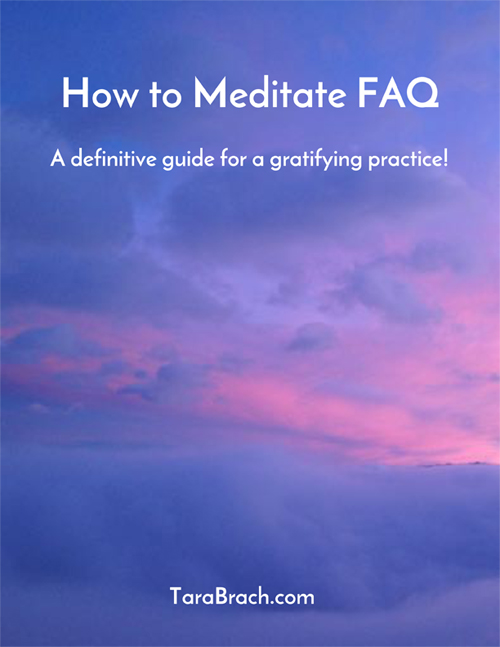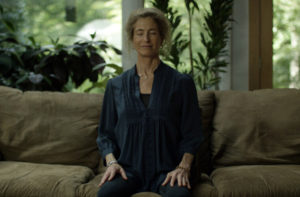I heard a story when my son was in a local Waldorf school, and I loved it.
The children were in art class seated in different tables, working hard at their projects. One little girl was particularly diligent, so the teacher stood behind her and watched for a while. Then she bent over to ask her what she was drawing.
Very matter-of-fact the little girl said, “I’m drawing God”.
The teacher chuckled and said, “But you know hon, no one knows what God looks like.”
Without skipping a beat, without even looking up, the little girl responded, “They will in a moment!”
This made me wonder, what happened to our wildness? The wildness of God, of Spirit as John O’Donahue calls it. It’s as if we forget or disconnect from the spontaneity and joy that expresses our essential spirit.
Probably the deepest inquiry in any of the spiritual traditions, is the question, who am I? If we look behind the roles and images that our culture gives us, behind the ideas that we internalize from our family, who’s really here? Who is reading right now? Who is looking through these eyes? Who is listening to sounds?
The Buddha said we suffer because we don’t know who we are, we’ve forgotten. We suffer because we are identified with a self that is narrower than the truth, less than the wholeness of what we are. We often live inside a role—parent, helper, boss, patient, victim, judge. We become hitched to our sense of appearance, to our body. We become hitched to our personality, our intelligence. We become hitched to our achievements. These facets constellate into the shape of our identity, of who we take ourselves to be. And that constellation is smaller than the truth. It is less than the awareness and love that is here, less than the sacred essence of what we are.
A friend of mine, a minister, told me about an interfaith gathering which began with the inquiry: What should we call Spirit or the Divine, what’s the name we should use?
Right away there’s a question: “Should we call it, God?”
“No way,” responds a female Wiccan. What about Goddess?” she says.
“Hah,” remarked a Baptist minister and suggested instead, “Spirit.”
“Nope,” declares an atheist.
The discussion goes on like this for a while. Finally a Native American, suggested the Great Mystery and they all agreed. They all agreed because, regardless of the knowledge or the concepts of their faith, each of them could acknowledge it’s a mystery.
In the moments that we move through life realizing that we belong to this mystery, that this mystery is living through us, we are awake, alive and free.
Adapted from my book Radical Acceptance (2003)
For more information visit: www.tarabrach.com


